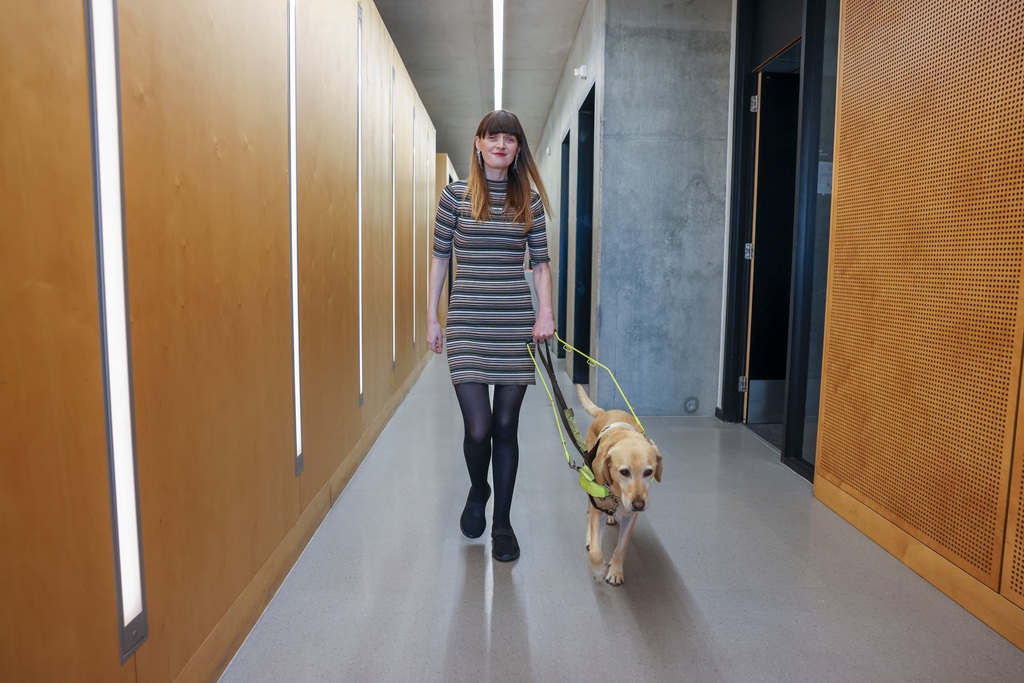All about… Ménière’s disease

Affecting two in every 1,000 people, Ménière’s disease is a rare condition that is caused by a disorder in the inner ear. It usually only impacts one ear at a time but can lead to dizzy spells and hearing loss.
What causes Ménière’s disease?
The condition arises when changes in pressure affect the fluid in our inner ears. At this stage, scientists have not found a direct cause for the disease, but some research indicates that the following could make it worse:
- Head injuries
- Infections
- Allergies
- Stress
- Medication side effects
- Alcohol use
- Smoking
What are the symptoms of Ménière’s disease?
Ménière’s disease presents as ‘attacks’, which may last from 20 minutes to a full day. Sufferers may notice:
- Vertigo – a spinning sensation that makes sufferers feel dizzy.
- Fullness – the ear may feel ‘full’, which is often accompanied with nausea.
- Tinnitus – this is a prolonged sensation of noise in the ears.
- Loss of balance – the fluid in our ears is responsible for our balance (the vestibular system). A change in fluid volumes may cause sufferers to feel uneasy.
- Hearing loss – repeated attacks can cause long-term hearing loss.
- Nystagmus – the eyes bounce around trying to focus
- Absences – similar to those experienced by people who have Epilepsy
Who is most at risk?
While Ménière’s disease can present at any age, it’s most common between the ages of 40 and 60. Up to 10 per cent of sufferers may have family history.
Can Ménière’s disease be treated? While there is no specific cure for Ménière’s disease, the symptoms can be controlled. Doctors recommend a low sodium (salt) diet and may also prescribe diuretics. These help patients go to the toilet more often, which can reduce fluid levels in the ear. For more extreme cases, such as hearing loss, steroids may be prescribed. Doctors are currently running clinical trials on a new steroid which can be injected directly into the eardrum. Finally, changes to your lifestyle may help control the symptoms, such as a healthy diet and reduced alcohol consumption/smoking.
Let’s keep in touch!
Join our mailing list and we will keep you up to date about our projects and opportunities to get involved with Deafblind UK.
More Articles

How to prepare for a job interview when you have dual sensory loss
Preparing for an interview can feel daunting. There are nerves, anxiety, deciding what to wear, remembering what to say, and…

Bridging the employment gap for people with deafblindness
Together, we can help close the employment gap and ensure that people with dual sensory loss have every opportunity to...

Meet the creator behind the new Blind Naked Calendar!
Megan from our fundraising team chatted with Blind Naked Calendar creator, Josephine, to find out about her life as someone…
